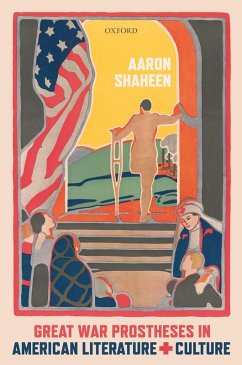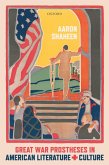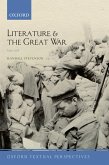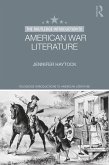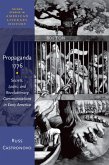Drawing on rehabilitation publications, novels by both famous and obscure American writers, and even the prosthetic masks of a classically trained sculptor, Great War Prostheses in American Literature and Culture addresses the ways in which prosthetic devices were designed, promoted, and depicted in America in the years during and after the First World War. The war's mechanized weaponry ushered in an entirely new relationship between organic bodies and the technology that could both cause, and attempt to remedy, hideous injuries. Such a relationship was also evident in the realm of prosthetic development, which by the second decade of the twentieth century promoted the belief that a prosthesis should be a spiritual extension of the person who possessed it. This spiritualized vision of prostheses proved particularly resonant in American postwar culture. Relying on some of the most recent developments in literary and disability studies, the book's six chapters explain how a prosthesis's spiritual promise was largely dependent on its ability to nullify an injury and help an amputee renew or even improve upon his prewar life. But if it proved too cumbersome, obtrusive, or painful, the device had the long-lasting power to efface or distort his 'spirit' or personality.
Dieser Download kann aus rechtlichen Gründen nur mit Rechnungsadresse in A, B, BG, CY, CZ, D, DK, EW, E, FIN, F, GR, HR, H, IRL, I, LT, L, LR, M, NL, PL, P, R, S, SLO, SK ausgeliefert werden.

